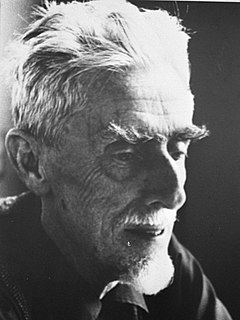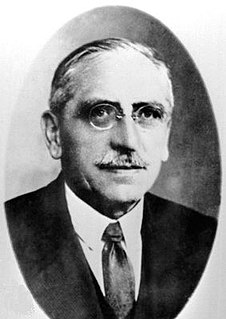A Quote by Thomas Reid
We find sects and parties in most branches of science; and disputes which are carried on from age to age, without being brought to an issue. Sophistry has been more effectually excluded from mathematics and natural philosophy than from other sciences. In mathematics it had no place from the beginning; mathematicians having had the wisdom to define accurately the terms they use, and to lay down, as axioms, the first principles on which their reasoning is grounded. Accordingly, we find no parties among mathematicians, and hardly any disputes.
Quote Topics
Accordingly
Accurately
Age
Among
Any
Axioms
Been
Beginning
Being
Branches
Brought
Carried
Define
Disputes
Down
Excluded
Find
First
Grounded
Had
Hardly
Having
Issue
Lay
Mathematicians
Mathematics
More
Most
Natural
Natural Philosophy
Other
Parties
Philosophy
Place
Principles
Reasoning
Science
Sciences
Sects
Sophistry
Terms
Than
Use
Which
Wisdom
Without
Related Quotes
It is a melancholy experience for a professional mathematician to find himself writing about mathematics. The function of a mathematician is to do something, to prove new theorems, to add to mathematics, and not to talk about what he or other mathematicians have done. Statesmen despise publicists, painters despise art-critics, and physiologists, physicists, or mathematicians have usually similar feelings: there is no scorn more profound, or on the whole more justifiable, than that of the men who make for the men who explain. Exposition, criticism, appreciation, is work for second-rate minds.
It is almost as hard to define mathematics as it is to define economics, and one is tempted to fall back on the famous old definition attributed to Jacob Viner, "Economics is what economists do," and say that mathematics is what mathematicians do. A large part of mathematics deals with the formal relations of quantities or numbers.
Outside observers often assume that the more complicted a piece of mathematics is, the more mathematicians admire it. Nothing could be further from the truth. Mathematicians admire elegance and simplicity above all else, and the ultimate goal in solving a problem is to find the method that does the job in the most efficient manner. Though the major accolades are given to the individual who solves a particular problem first, credit (and gratitude) always goes to those who subsequently find a simpler solution.
By keenly confronting the enigmas that surround us, and by considering and analyzing the observations that I had made, I ended up in the domain of mathematics. Although I am absolutely without training in the exact sciences, I often seem to have more in common with mathematicians than with my fellow artists.
I do not remember having felt, as a boy, any passion for mathematics, and such notions as I may have had of the career of a mathematician were far from noble. I thought of mathematics in terms of examinations and scholarships: I wanted to beat other boys, and this seemed to be the way in which I could do so most decisively.
Mathematicians have never been in full agreement on their science, though it is said to be the science of self-evident verities -- absolute, indisputable and definitive. They have always been in controversy over developing aspects of mathematics, and they have always considered their own age to be in a period of crisis.
There is nothing as dreamy and poetic, nothing as radical, subversive, and psychedelic, as mathematics. It is every bit as mind blowing as cosmology or physics (mathematicians conceived of black holes long before astronomers actually found any), and allows more freedom of expression than poetry, art, or music (which depends heavily on properties of the physical universe). Mathematics is the purest of the arts, as well as the most misunderstood.
If you ask ... the man in the street ... the human significance of mathematics, the answer of the world will be, that mathematics has given mankind a metrical and computatory art essential to the effective conduct of daily life, that mathematics admits of countless applications in engineering and the natural sciences, and finally that mathematics is a most excellent instrumentality for giving mental discipline... [A mathematician will add] that mathematics is the exact science, the science of exact thought or of rigorous thinking.





































